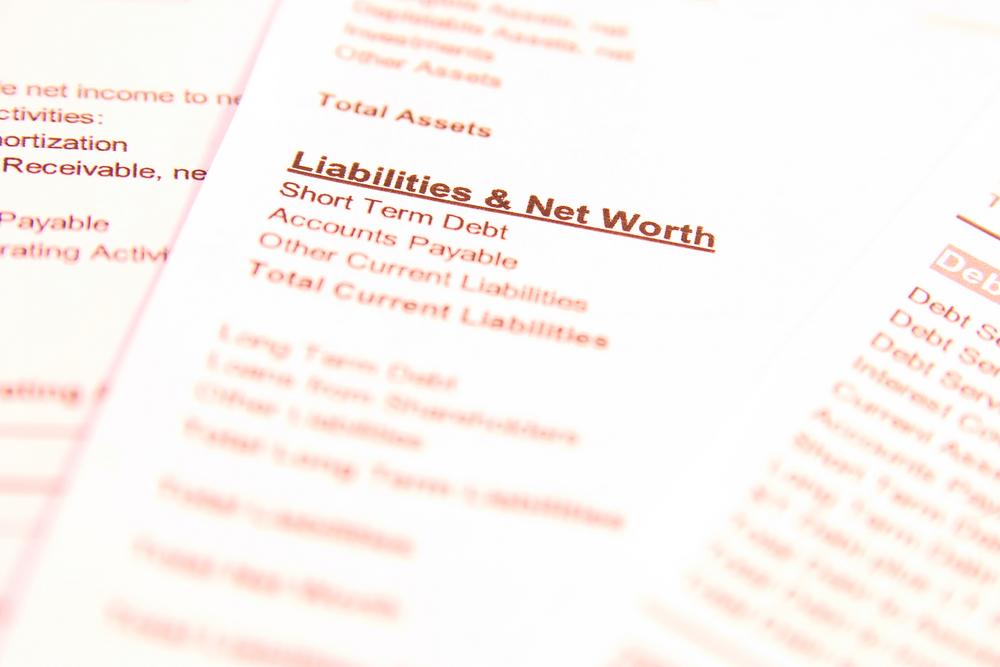Important Debts That Impact Your Financial Standing
Understanding and managing liabilities like auto loans, mortgages, student debt, credit card balances, and medical expenses is crucial for maintaining and improving your net worth. This article explains how these debts influence your financial health and offers tips to minimize their impact, ensuring a healthier financial future.

Important Debts That Impact Your Financial Standing
Your net worth reflects your overall financial health, calculated by subtracting liabilities from assets. Tracking this figure helps evaluate your economic progress. To maintain a healthy net worth, it's vital to distinguish between assets and liabilities. Here are six common debts that can negatively influence your financial position and should be managed carefully.
Auto Loan
Owning a vehicle is essential, yet cars are costly and rarely paid for outright. Besides the purchase price, taxes and interest impact the overall cost. Until the complete loan is settled, the vehicle remains a liability rather than an asset, potentially lowering your net worth.
The tax implications also play a role; fully owning your car only occurs after settling the loan. Until then, it contributes to your liabilities, affecting your financial stature.
Mortgage Debt
Buying a home typically involves taking a mortgage, which can significantly influence your net worth. While homeownership is an investment, large loans can also cause stress. To minimize their impact, consider making larger down payments to reduce the borrowed amount. This approach helps preserve your financial stability.
Explore More: 5 Financial Risks Worth Taking
Student Loans
Education expenses can be high, often requiring loans. While necessary, student debt can hinder long-term savings and financial growth. Starting early and managing loans properly is key to avoiding long-term financial strain.
Credit Card Debt
High-interest credit card balances—averaging around $15,000—can severely harm your net worth. Poor financial planning and delayed repayments increase debt over time, emphasizing the importance of responsible credit management.
Healthcare Expenses
Medical emergencies are unpredictable, so preparing with health insurance is wise. For self-employed individuals or those without employer-sponsored plans, securing suitable coverage can prevent financial setbacks.
Tax Debt
Failing to pay taxes on time leads to hefty penalties and accumulating liabilities. Prompt tax payments are essential to avoid draining your savings and impacting your net worth negatively.
Stay updated with the latest insights in Personal Finance. Follow us on Facebook and Twitter for more investment tips.










